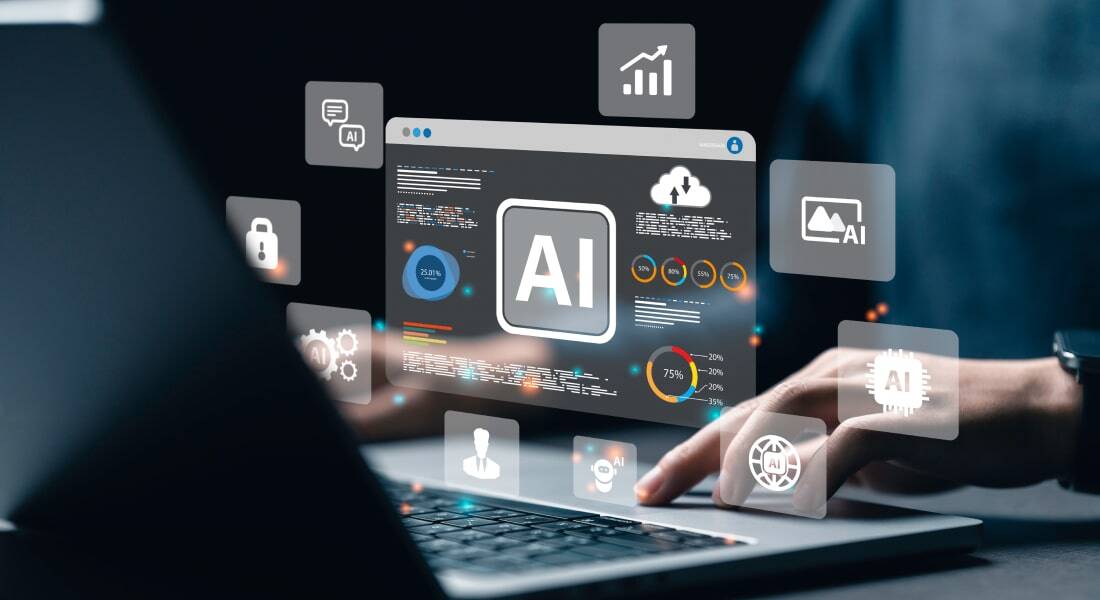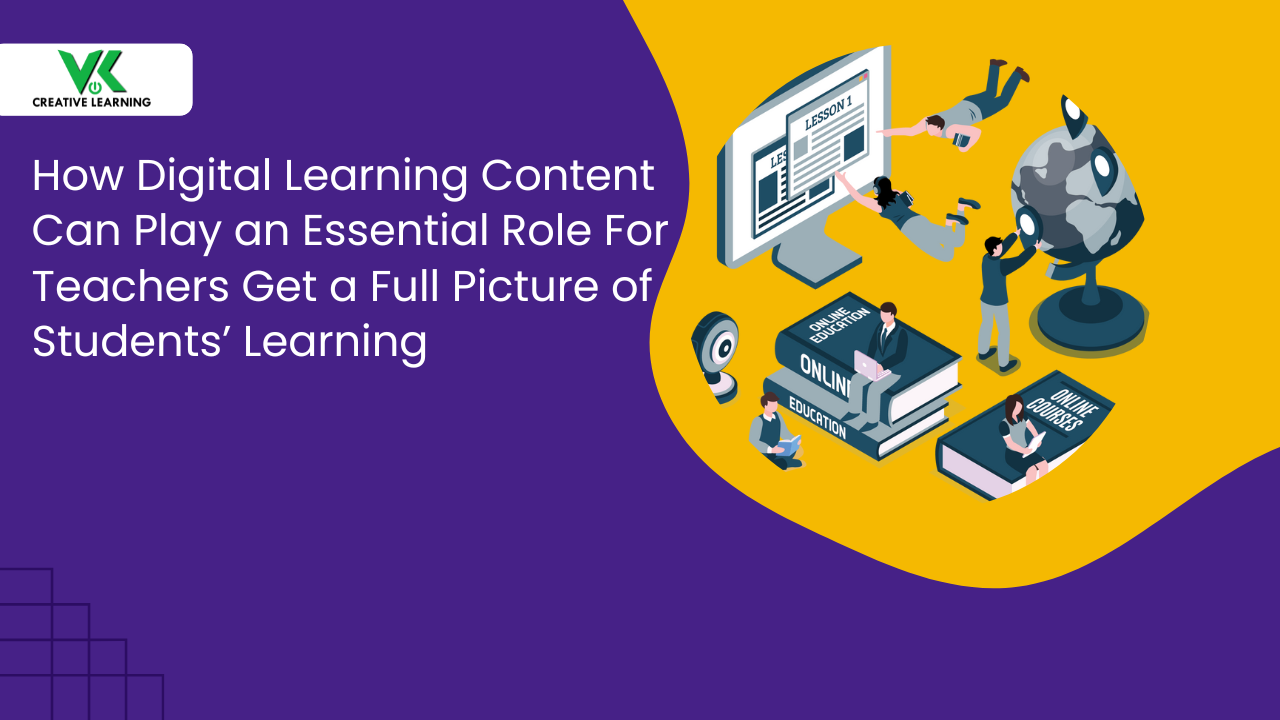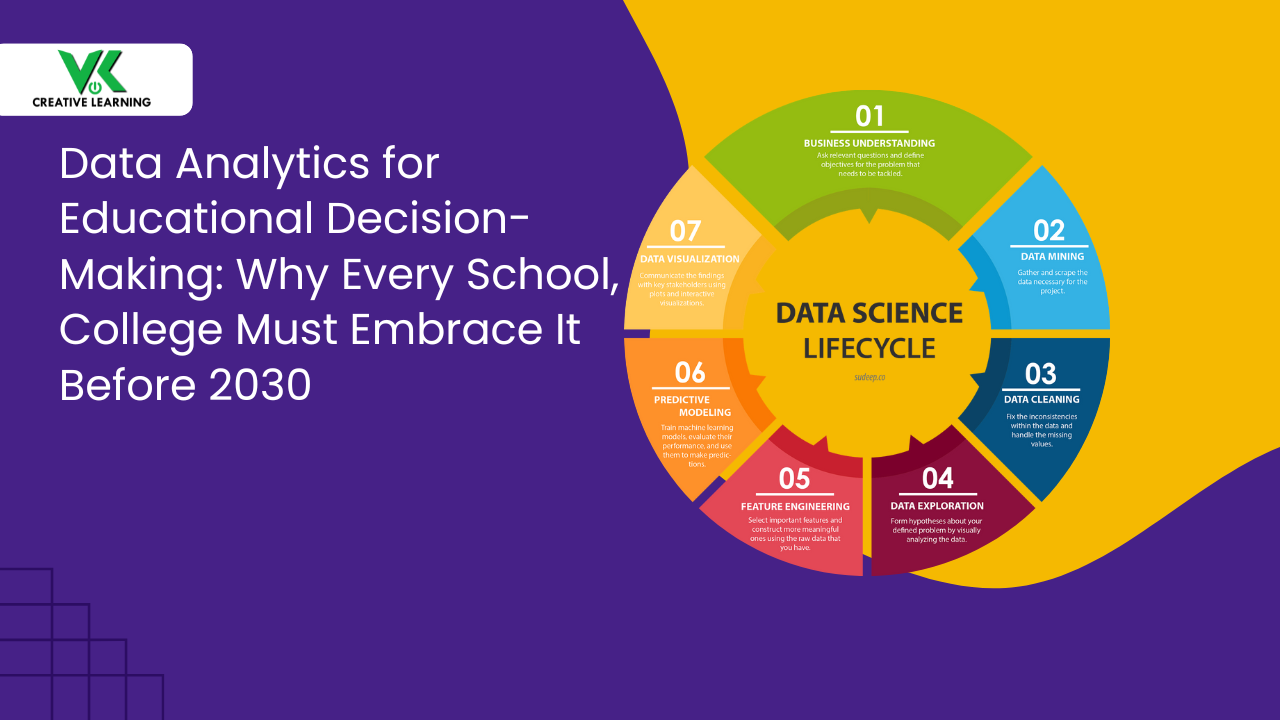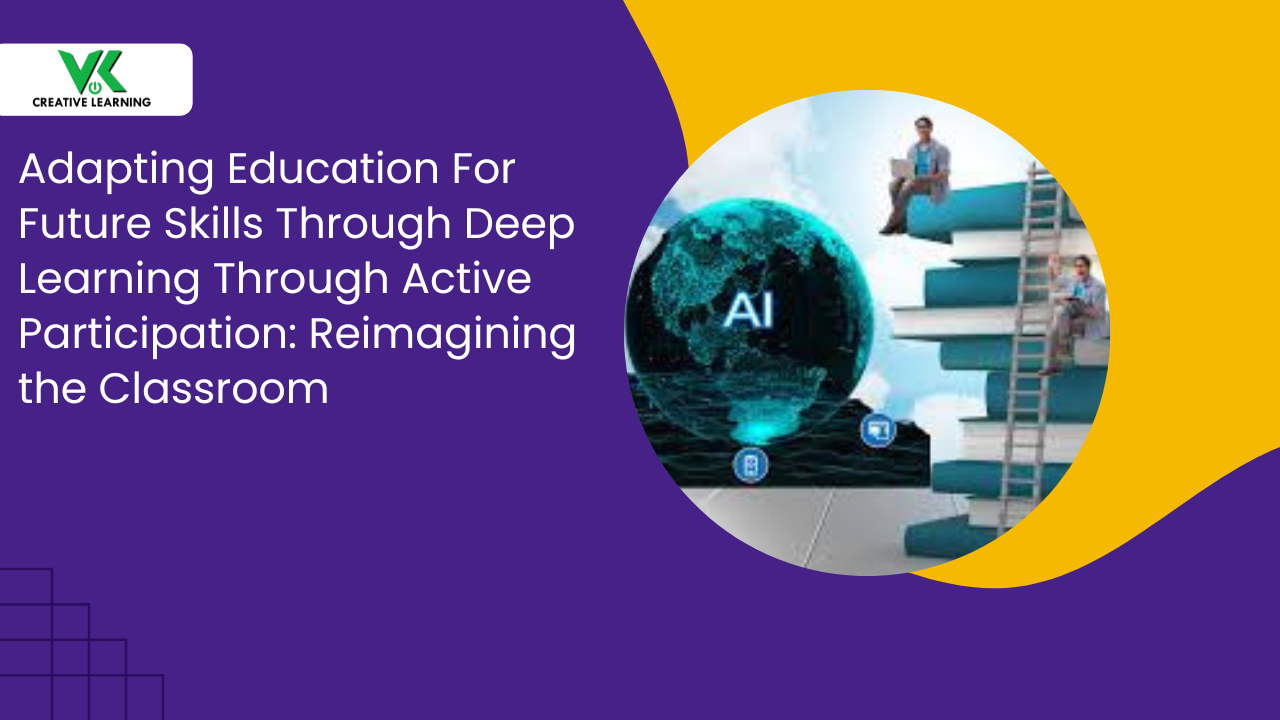Practical Applications of AR/VR eLearning Solutions
May 06, 2023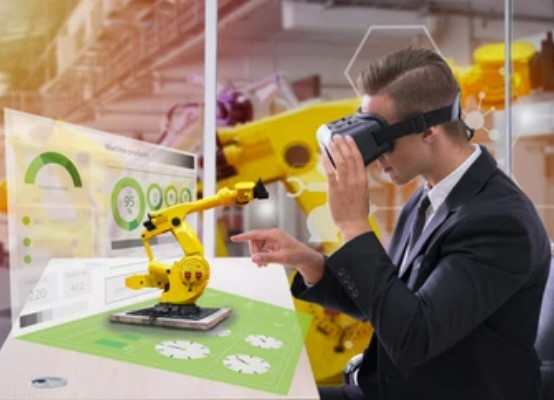
The practical applications of Augmented Reality--also dubbed AR and Virtual Reality--known as VR in eLearning solutions are transforming training sessions. They are revolutionizing how people learn and access valuable learning content.
In today's world, this transformation holds significant importance for all professionals. Reason--continuous upskilling and knowledge enhancement are crucial for achieving success in the workplace.
Hence, we will examine AR and VR technologies in this blog. Additionally, we will explore practical applications of AR/VR eLearning solutions.
Definition of AR and VR Technologies
Augmented Reality Technology
Augmented Reality, a remarkable technology, skillfully blends digital elements into our real-world environment. By overlaying virtual images or valuable information, it offers a detailed understanding of objects around us.
For instance, an AR app on a smartphone lets users explore their environment. They can get extra information about interesting places around them.
AR technology also offers various uses, such as smartphone apps displaying directions on the camera view. Another great example is educational programs that incorporate 3D models within real-world spaces.
Virtual Reality Technology
Virtual Reality is totally about an immersive world. It's created by computer simulations, making it super fun and engaging. Users enter this synthetic world using specialized headsets that track their head movements to provide a realistic sense of immersion.
VR encompasses both artificial environments such as video games and simulations of real-world settings like historical sites or scientific laboratories.
In eLearning contexts, VR can empower technicians or researchers to carry out simulated experiments before doing actual ones. Similarly, with VR, students can explore virtual realms while interacting with educational content more naturally.
Understanding What Is eLearning and How Does It Work
eLearning, an innovative method, grants learners access to content and resources online. This approach also offers expert advice and the flexibility to learn at one's leisure.
Importantly, eLearning facilitates global access to quality training, knowledge sharing, and new skill development. This innovative digital pedagogy addresses a diverse spectrum of learners. These encompass professionals pursuing ongoing career advancement, remotely-located students, and those with physical limitations.
A Look at Practical Applications of AR/VR eLearning Solutions
By utilizing AR/VR eLearning tools, professionals can immerse themselves in virtual environments. These environments closely resemble real-world scenarios. So this happens without any risks involved or costs attached. Let's have a look at how AR/VR eLearning can prove useful to various industries from the application point of view.
AR/VR eLearning Solutions in the Medical Industry: One practical application of AR/VR eLearning solutions is the enhancement of medical education. For instance, medical students can engage in a realistic virtual laboratory environment and practice various procedures. This way, apprentices bolster their self-confidence and refine their expertise prior to venturing into a real medical environment.
Utilizing AR/VR eLearning simulations, learners can delve into virtual representations of human body parts. These may be the working of various organs and issues related to them.
Else, they can be skeletal structures and muscular systems. Thus, AR/VR's immersive approach fosters a profound comprehension of human anatomy and physiology.
AR/VR eLearning Applications in the Pharma Industry: Within the realm of pharmaceuticals, AR/VR eLearning notably lends a hand to experts in their pursuits of research and development. Through hands-on engagement, they effortlessly untangle complexities and stay in tune with leading advancements.
By delving into virtual simulations for molecular interplay, and accurately mapping out drug development situations, experts in the pharmaceutical field can explore diverse molecular mixes. This allows them to evaluate their effectiveness, ensure safety, and identify any possible side effects.
By simplifying the drug discovery approach, both human energy and resources can be conserved. Importantly, this cuts down the excess time spent on comprehensive trial-and-error studies for numerous compounds.
Above all, by envisioning molecular formations in 3D, investigators can considerably gather knowledge. They understand how distinct molecules engage with each other, fostering deeper comprehension. Then, they can identify molecular patterns conducive to achieving their desired results.
AR/VR eLearning Applications in Automobile Industry
VR in eLearning for Vehicle Designs and Understanding Collision Impacts: Engineers working in the automotive sector can take full advantage of VR-based eLearning methods to virtually simulate distinct vehicle designs prior to their physical assembly. This remarkable feature helps identify potential issues or enhancements pertaining to factors such as aerodynamics, engine performance, or even safety mechanisms.
By simulating various driving conditions within a controlled virtual environment, engineers can assess the efficiency of specific engine designs. Then, they can implement necessary modifications before proceeding to develop an actual prototype.
In the realm of eLearning, VR offers a remarkable visualization, enabling learners to grasp potential outcomes stemming from vehicular collisions or accidents. This vivid representation significantly enhances their understanding and prepares them for real-life scenarios.
In this setting, engineers get the chance to assess the degree of damage endured by a vehicle and ascertain whether its passengers would stay unscathed in particular scenarios. This awareness proves to be priceless while devising protective mechanisms that exhibit both efficacy and dependability.
VR in eLearning for Understanding EV Designs: AR-based eLearning offers technicians a unique opportunity to delve deeper into the intricacies associated with electric vehicles, also called EV, designs.
Through interactive simulations leveraging AR technology, learners can gain insights into battery capacity, power distribution systems, charging infrastructure requirements, and overall energy efficiency concerns.
Consequently, EV technicians proficiently gain insight into the intricacies between driving range and battery life. By seeking a balance, they diligently work towards achieving peak performance in electric vehicles.
VR eLearning for Gaining Knowledge on Maintenance: VR eLearning tools entail their applicability toward enhancing the skills of service technicians responsible for maintenance and repair work on EVs. By simulating different repair scenarios within a virtual workshop setting, participants can hone their technical proficiency without any risks involved with using real-life components or tools.
Conclusion
AR/VR eLearning solutions have far-reaching impacts across various industries. They revolutionize medical education, enhance pharmaceutical development, and optimize automobile design for fuel efficiency. These immersive technologies continue to expand the horizons of interactive learning and practical implementation.
If you want to create AR/VR eLearning Solutions with special requirements, VK Creative Learning can assist you with its experts.
